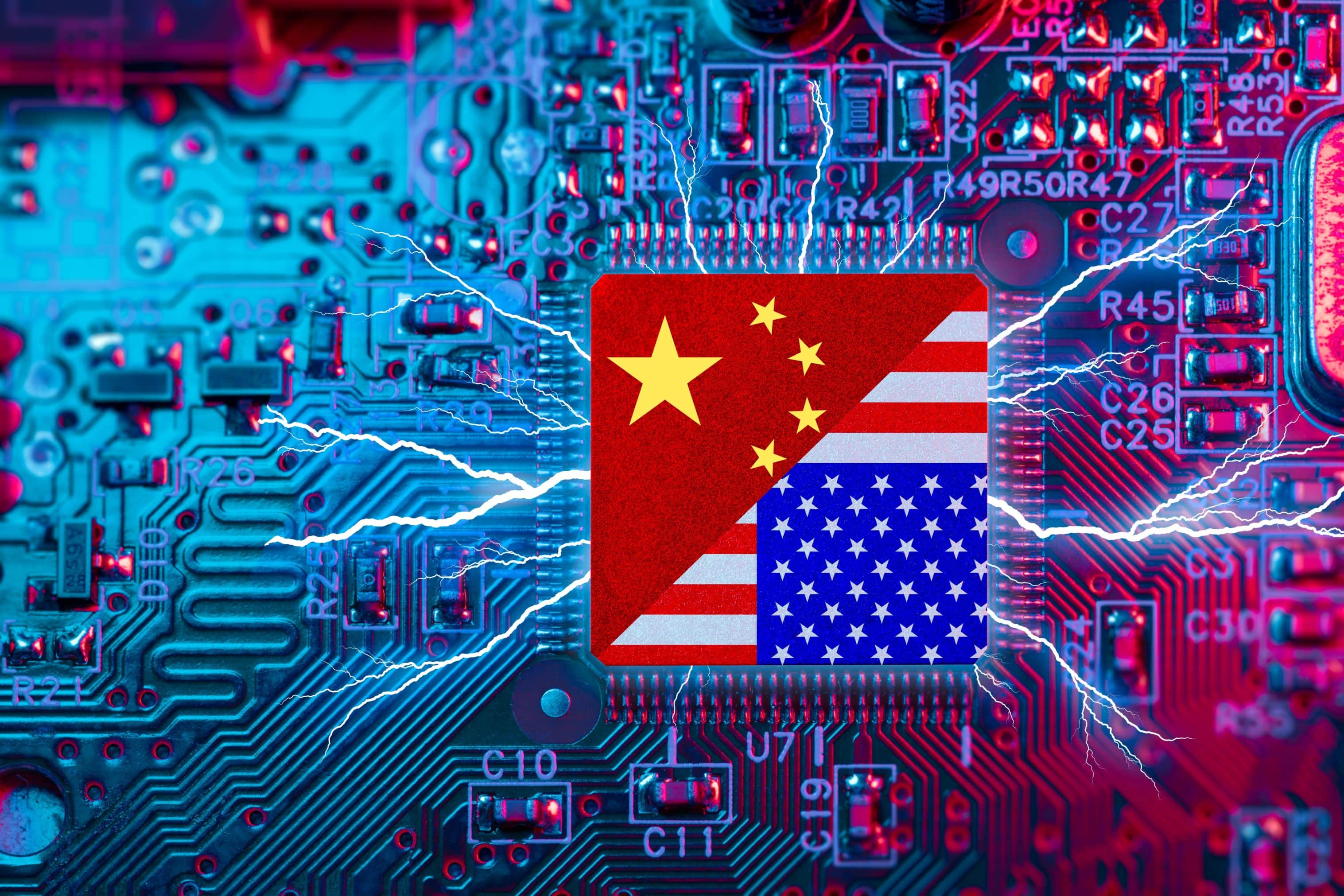In a bid to counter China’s technological advancement, the U.S. President Joe Biden recently signed an executive order restricting U.S. investments in technologies that may enhance China’s military strength. To ensure global competitiveness, the U.S. needs to foster technology development domestically. This calls for the strengthening of collaborations between the national security apparatus and the private sector, and harnessing capital markets to bolster companies pivotal for technological leadership. China, employing its policy of military-civil fusion, continues to blur the lines between its military and private tech enterprises, a strategy the U.S. needs to counteract to maintain its global lead.
Key Points:
- The U.S. faces a critical decade in its competition with China, with technology as the central battleground. The U.S. response should include enhancing ties with private tech industries and leveraging the power of capital markets.
- China’s strategy integrates science, technology, and military aims, drawing significant support from Chinese corporations and academic institutions, further emphasizing the urgency for the U.S. to adopt proactive measures.
- Recommendations for the Pentagon include using Advanced Market Commitments for future tech demands, guaranteeing loans for specific dual-use startups, and establishing a trusted clearinghouse to foster investor and commercial collaborations.
- The Pentagon has initiated engagement with smaller businesses and startups using tools like the Other Transaction Authority, but it lacks comprehensive guidelines on acquiring AI, creating a gap in defense capabilities.
- Without a well-defined strategy, the U.S. risks losing to China in technological leadership, which could compromise international order. Leveraging the U.S. capital markets to support dual-use tech companies is crucial for maintaining global democratic principles.









